Dubai customs clearance: laws and regulations
Customs clearance is the process of bringing goods into or out of a country and declaring them to customs officials. It is important to ensure that goods are compliant with all applicable laws and regulations and for collecting customs duties and taxes.
Dubai’s Customs clearance laws and regulations are designed to protect the UAE’s economy and security. They also aim to ensure that goods entering and leaving the country are safe and properly documented.
Here is a brief overview of customs clearance laws and regulations in Dubai:
- All goods entering or leaving Dubai must be declared to customs officials.
- Importers and exporters must have the required documentation, such as a customs declaration form, commercial invoice, and bill of lading.
- Customs duties and taxes may be payable on imported goods.
- Certain prohibited and restricted goods cannot be imported or exported.
- Dubai Customs officials enforce customs laws and regulations.
Suppose you are importing or exporting goods to or from Dubai. In that case, familiarity with customs clearance laws and regulations is important. You can find more information on the Dubai Customs website.
Contents
Types of Customs Clearance Procedures in Dubai
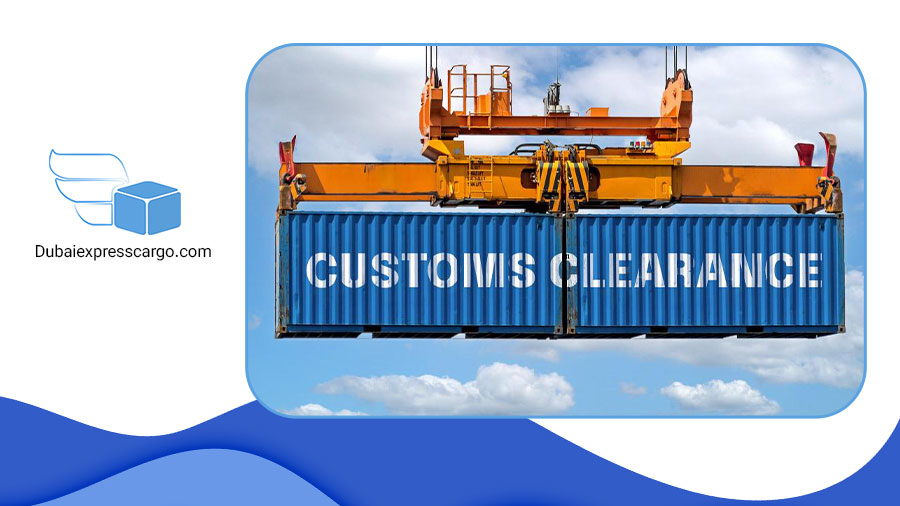
There are five main types of customs clearance procedures in Dubai:
- General declaration: This is the most common procedure used for most goods. It requires a full set of documentation, including a customs declaration form, commercial invoice, and bill of lading.
- Simplified declaration: This procedure is used for low-value goods and requires less documentation. It is a good option for businesses that import or export small quantities of goods on a regular basis.
- Express declaration: This procedure is used for high-value goods that need to be cleared quickly. It is a more expensive option than the general declaration, but it can save time if the goods need to be released quickly.
- Bonded warehouse: This is a facility where goods can be stored without paying customs duties until they are ready to be released. This can be a good option for businesses that need to import goods but do not need them immediately.
- Free zone: This special economic zone is where goods can be imported and exported without paying customs duties. Free zones are often used by businesses that want to avoid paying customs duties or need to import goods that are not allowed to be imported into the UAE.
Which customs clearance procedure is right for you depends on the type of goods you are importing or exporting, the value of the goods, and how quickly you need the goods released. You can consult with a customs clearance agent to help you choose the right procedure for your needs.
Required Documentation for Customs Clearance in Dubai
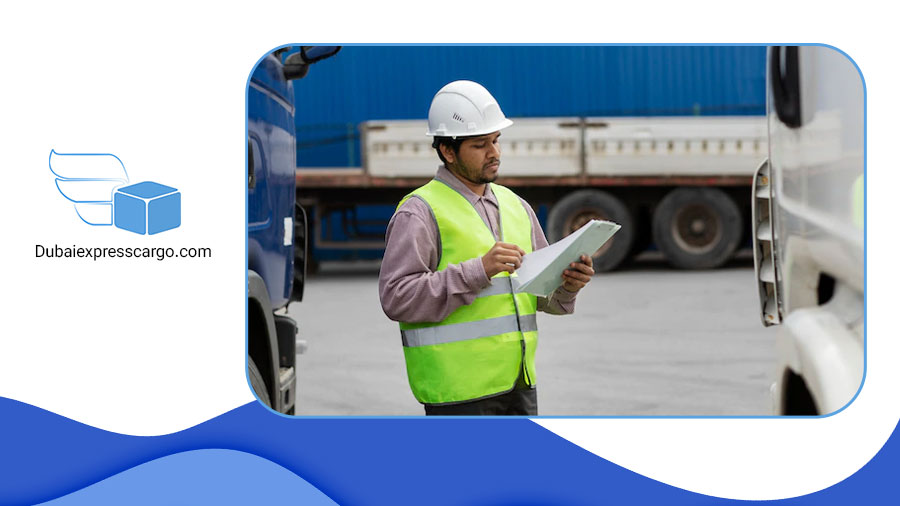
The following documentation is required for customs clearance in Dubai:
- Customs declaration form: This form must be completed by the importer or exporter and submitted to Dubai Customs. It includes information about the imported or exported goods, such as the quantity, value, and country of origin.
- Commercial invoice: This is a document issued by the seller of the goods and must include the following information:
- Name and address of the seller and buyer
- Description of the goods
- Quantity, value, and country of origin of the goods
- Terms of sale (e.g., free on board, cost, insurance, and freight)
- Bill of lading: This is a document issued by the carrier of the goods and is evidence of the contract of carriage. It must include the following information:
- Name and address of the shipper, consignee, and carrier
- Description of the goods
- Quantity, value, and country of origin of the goods
- Port of loading and discharge
- Certificate of origin: This is a document issued by a government or chamber of commerce in the country of origin of the goods and certifies the country of origin of the goods. It is required for certain goods, such as textiles, food products, and cosmetics.
- Related Article: THE CHEAPEST WAY TO SHIP TO DUBAI
In addition to the above documentation, other supporting documentation may be required depending on the type of goods being imported or exported.
For example, a health certificate may be required for food products, and a halal certificate may be required for meat products.
It is important to ensure that all documentation is complete and accurate before submitting it to Dubai Customs. Incomplete or inaccurate documentation can lead to delays in customs clearance.
Here are some additional tips for preparing your documentation for customs clearance in Dubai:
- All documentation should be in English or Arabic.
- All documentation should be signed and stamped by the authorized person.
- All documentation should be original copies.
- Make sure that all documentation is consistent. For example, the quantity and value of the goods should be the same on all documents.
Suppose you are unsure about any aspect of the customs clearance process. Consulting with a customs clearance agent like Dubai Express cargo is advisable in that case.
Customs Duties and Taxes in Dubai
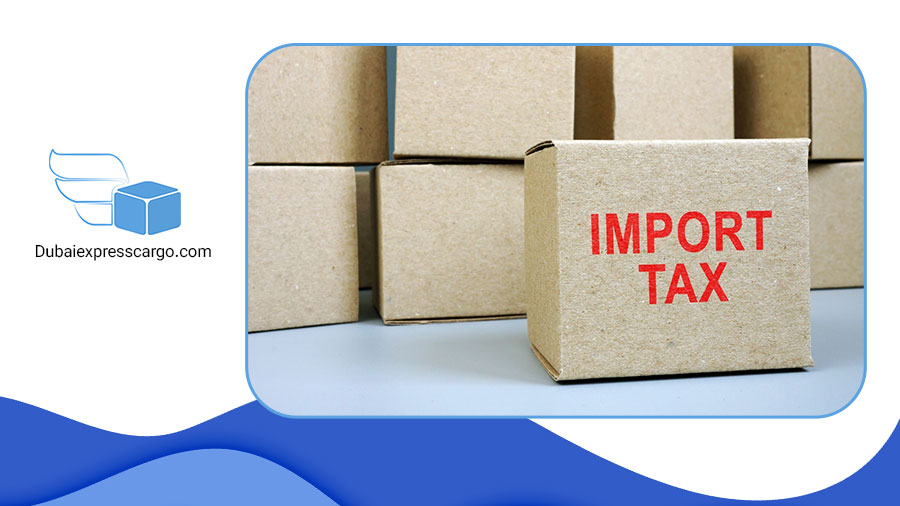
The following types of customs duties and taxes are payable on imported goods in Dubai:
- Import duty: This general duty is payable on most imported goods. The standard import duty rate is 5%, but higher rates may apply to certain goods, such as alcohol and tobacco.
- Value-added tax (VAT): VAT is a consumption tax payable on most goods and services supplied in the UAE. The standard rate of VAT is 5%, but a reduced rate of 0% applies to certain goods and services, such as essential food items and medical supplies.
- Excise duty: Excise duty is a tax payable on certain goods, such as alcohol, tobacco, and carbonated drinks.
Calculation of customs duties and taxes
Customs duties and taxes are calculated on the imported goods’ cost, insurance, and freight (CIF) value. The CIF value is the sum of the following:
- The value of the goods as stated on the commercial invoice
- The cost of insurance
- The cost of freight to Dubai
Waivers and exemptions
There are a number of waivers and exemptions available for customs duties and taxes in Dubai.
For example, customs duties and taxes are waived on goods imported by certain types of businesses, such as free zones and foreign direct investment companies.
Some exemptions, such as personal effects and educational materials, are available for certain goods.
How to pay customs duties and taxes
Customs duties and taxes can be paid online, at a Dubai Customs office, or at a bank. When paying customs duties and taxes, you will need to provide the following information:
- The customs declaration number
- The type of goods being imported
- The value of the goods
- The type of customs duty or tax being paid
It is important to note that customs duties and taxes must be paid in full before the goods can be released from customs.
Additional information
For more information on customs duties and taxes in Dubai, please visit the Dubai Customs website or contact Dubai Customs on their hotline.
Tips for reducing your customs duties and taxes
There are many things you can do to reduce your customs duties and taxes in Dubai:
- Take advantage of waivers and exemptions.
- Classify your goods correctly.
- Use a customs clearance agent.
- Import goods in bulk.
By following these tips, you can save money on customs duties and taxes and make the customs clearance process smoother and more efficient.
Prohibited and Restricted Goods in Dubai
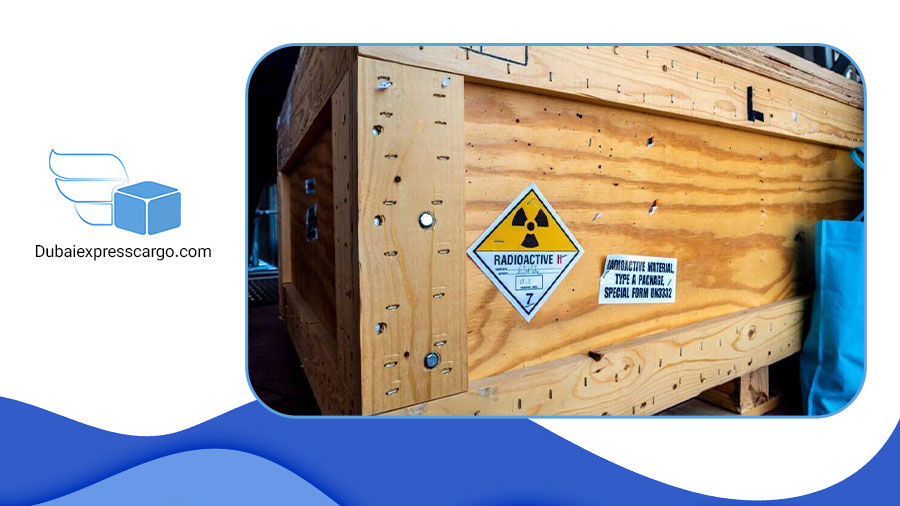
Prohibited goods are goods that are not allowed to be imported or exported into or out of Dubai. Some examples of prohibited goods include:
- Narcotic drugs and psychotropic substances, including heroin, cocaine, cannabis, and LSD
- Weapons and firearms, including ammunition, explosives, and knives
- Pornographic materials, including magazines, videos, and websites
- Gambling devices, including slot machines, roulette wheels, and dice
- Counterfeit goods, such as clothing, handbags, and watches
- Goods that violate Islamic law or public morals, such as pork products, alcohol, and religious symbols from other religions
Restricted goods are goods that can only be imported or exported with special permission from the relevant authorities. Some examples of restricted goods include:
- Live animals and plants, including pets, livestock, and endangered species
- Medicines and medical devices, including prescription drugs and over-the-counter medications
- Foodstuffs, including meat, dairy products, and fruits and vegetables
- Dangerous goods, such as chemicals, flammable liquids, and compressed gases
- Cultural and historical artifacts, such as antiques and archaeological finds
Suppose you are unsure whether a particular good is prohibited or restricted in Dubai. In that case, it is best to avoid caution and contact Dubai Customs for clarification.
It is important to note that the penalties for importing or exporting prohibited or restricted goods in Dubai can be severe, including fines and imprisonment.
It is, therefore, important to be aware of the prohibited and restricted goods list before traveling to or from Dubai.
Here are some tips for avoiding problems with customs in Dubai:
- Declare all goods that you are importing or exporting, including personal effects.
- Do not bring any prohibited goods into Dubai.
- Obtain the necessary permission from the relevant authorities before importing or exporting restricted goods.
- Be prepared to pay customs duties and taxes on imported goods.
- If you are unsure about anything, contact Dubai Customs for clarification.
Enforcement and Penalties for Customs Violations in Dubai

Dubai Customs officials enforce customs laws and regulations in Dubai. They have the authority to inspect all goods entering and leaving Dubai.
They also have the authority to detain goods suspected of violating customs laws and regulations.
Dubai Customs officials use a variety of methods to enforce customs laws and regulations.
These methods include:
- Physical inspections: Customs officials may inspect goods to ensure they comply with customs laws and regulations.
- Document reviews: Customs officials may review the documentation for imported and exported goods to ensure that it is complete and accurate.
- Risk assessments: Customs officials may conduct risk assessments to identify goods likely to violate customs laws and regulations.
- Intelligence gathering: Customs officials may gather intelligence from various sources, such as law enforcement agencies and foreign customs authorities, to identify potential violations of customs laws and regulations.
Penalties for violations
The penalties for violating customs laws and regulations in Dubai vary depending on the severity of the violation. Some common penalties include:
- Fines: Fines can range from a few hundred dirhams to several million dirhams, depending on the severity of the violation.
- Imprisonment: In some cases, individuals who violate customs laws and regulations may also be imprisoned.
- Forfeiture of goods: Goods imported or exported in violation of customs laws and regulations may be forfeited to the government.
In addition to the above penalties, Dubai Customs may also take other actions against individuals who violate customs laws and regulations, such as:
- Revoking the importer or exporter license: Customs may revoke the importer or exporter license of individuals who repeatedly violate customs laws and regulations.
- Blacklisting: Customs may blacklist individuals who violate customs laws and regulations, preventing them from importing or exporting goods in the future.
It is important to note that the penalties for violating customs laws and regulations in Dubai can be severe.
It is important to be familiar with the customs laws and regulations before importing or exporting goods to or from Dubai.
If you are unsure about anything, it is best to consult with Dubai Express Cargo.
- Related Article: DOOR TO DOOR SHIPPING FROM CHINA TO DUBAI
Conclusion
Suppose you are importing or exporting goods to or from Dubai; In that case, being familiar with the customs laws and regulations is important. You should also consider using a customs clearance agent, such as Dubai Express Cargo, to help you navigate the customs clearance process.
Dubai Express Cargo can help you with all aspects of customs clearance, from preparing the necessary documentation to ensuring that your goods are released from customs quickly and efficiently.

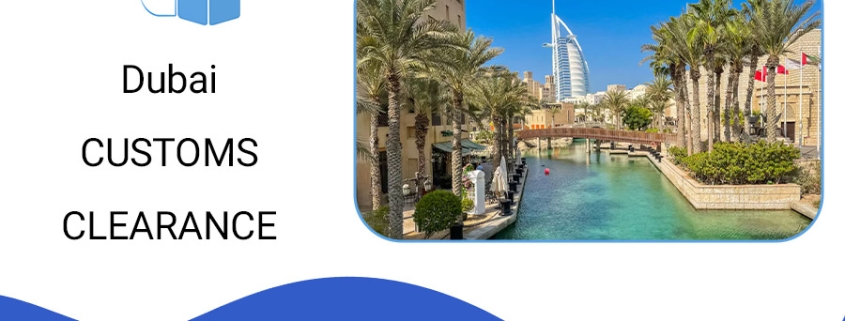


Leave a Reply
Want to join the discussion?Feel free to contribute!